Top Takeaways and Key Concepts
Balance running and nutrition: Focus on burning calories through exercise and eating fewer than your body needs.
Fuel with carbs for energy: Whole grains, fruits, and vegetables provide sustained energy for your runs.
Incorporate protein for recovery: Protein helps rebuild muscle tissue and aids faster recovery post-run.
Hydrate before, during, and after: Water is key to performance and preventing dehydration during runs.
Experiment and find what works for you: Test different foods and snacks to determine what fuels you best.
Summary of This Article
This article emphasizes the importance of combining running with smart nutrition choices for effective weight loss. It covers the balance needed between exercise and eating fewer calories, recommending carbs for energy, protein for muscle recovery, and hydration to maintain performance. The article advises not only fueling your body with the right nutrients before and after runs but also finding what works for you by experimenting with different foods and snacks. Lastly, it encourages maintaining variety in your diet to keep meals interesting and avoid fatigue.

If you’ve ever tried to lose weight, you know it can feel like trying to solve a Rubik's Cube while riding a unicycle. You’re spinning in circles, feeling frustrated, and wondering why no one warned you that the journey would include so much sweat and possibly tears. The secret sauce (and I don’t mean actual sauce) is combining running with smart nutrition choices. Let’s dive into this deliciously sweaty world of running and eating right.
Please Note: This post may contain affiliate links. If you click one of them, we may receive a commission at no extra cost to you. As an Amazon Associate, I earn from qualifying purchases.
Understanding the Basics of Weight Loss

First off, let’s get something straight: weight loss isn’t just about running until your legs feel like jelly or skipping meals because someone on social media told you that carbs are evil. It’s about creating a balance between burning calories through exercise and consuming fewer calories than your body needs. Think of it as a dance—sometimes you lead with your feet, sometimes with your fork.
When I first started jogging, my idea of nutrition was largely based on whatever snacks were closest to me at 2 AM. Ice cream? Sure! Leftover pizza? Why not? But here’s the kicker: if you’re running like a gazelle but eating like a raccoon at an all-you-can-eat buffet, those scales aren’t going to budge in your favor.
Finding Your Perfect Running Routine

Speaking of balance, let’s talk about how often you should be hitting the pavement. I remember my early days when I thought running every single day was essential for success—until my knees reminded me they weren’t fans of such enthusiasm. Finding the right routine is key; too much running can lead to burnout or injuries faster than you can say “I’ll start again next Monday.”
A good starting point might be three to four days of running each week combined with rest days where you can still engage in light activities—like walking or vigorous couch sitting while watching motivational videos online. And trust me, those days off are crucial for recovery!
Fueling Your Body Right

Now let’s get down to what really matters: food! As runners, we need fuel that won’t leave us feeling like we just consumed a brick before heading out for our jogs. A common mistake is thinking that because you're exercising more, it gives you carte blanche to eat anything and everything without consequence.
In my experience (and by experience, I mean many late-night regrets), focusing on whole foods is vital. Think fruits, vegetables, lean proteins, whole grains—the stuff that makes your body go “thank you!” instead of “why did we eat that?” Just remember: moderation is key! That means enjoying dessert occasionally but not making it your post-run reward every single time.
Timing Is Everything

Interestingly enough—and this might blow your mind—when you eat can be almost as important as what you eat. Imagine planning an epic run only to realize halfway through that last night’s burrito has decided it wants out! Timing meals around workouts helps ensure that energy levels remain high during runs while minimizing discomfort afterward.
I’ve found that having a small snack 30 minutes before hitting the road works wonders for performance (though maybe skip the spicy tacos). Something simple like a banana or some peanut butter toast gives just enough boost without risking an embarrassing situation involving bushes along the route.
Hydration: The Unsung Hero
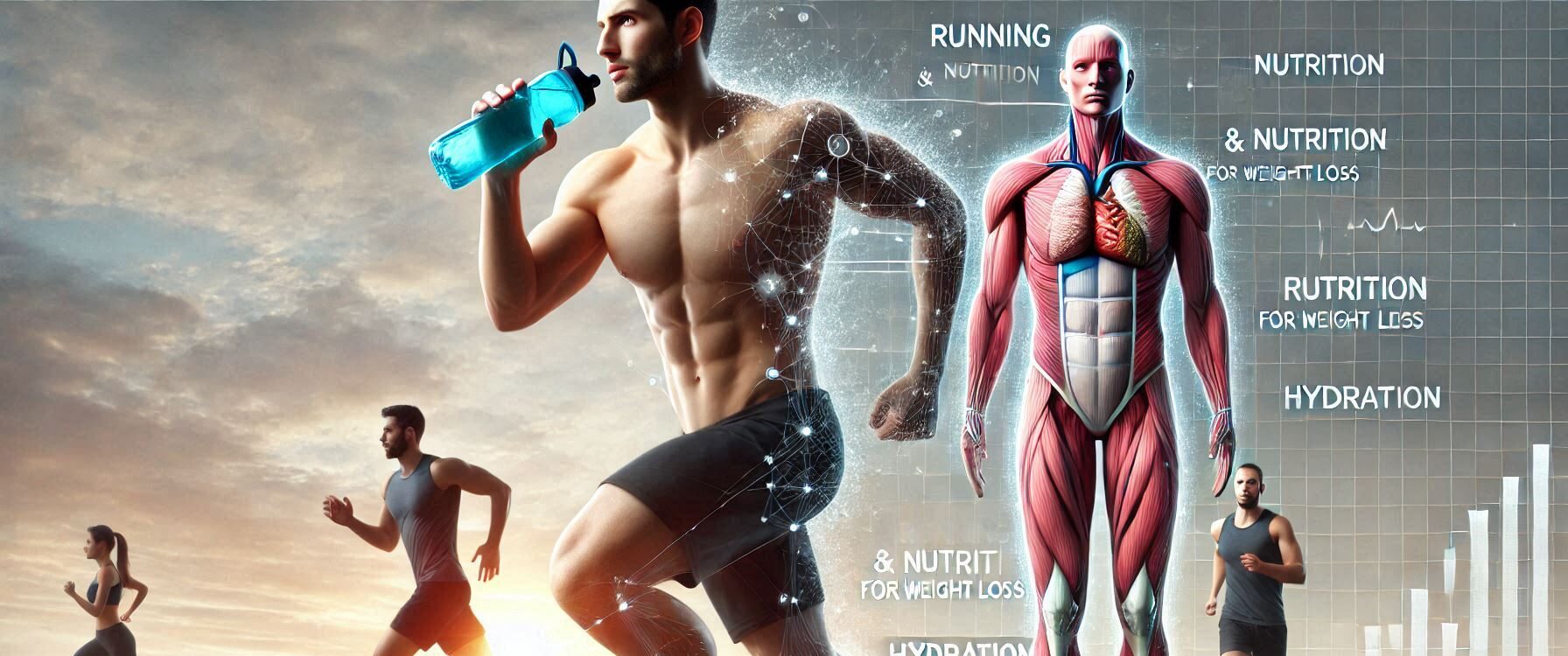
Let’s see…running plus hydration equals success! Or at least fewer moments spent gasping for air as if you've just sprinted away from an angry swarm of bees. Staying hydrated before, during, and after runs cannot be overstated—it keeps energy levels up and helps prevent cramping.
Funny story—I once went on an ambitious five-mile run without properly hydrating beforehand because I thought water was overrated (spoiler alert: it's not). By mile two, I felt like I’d been transported into a desert scene from an old Western movie—cue tumbleweed rolling by as I desperately searched for any sign of moisture!
Setting Realistic Goals
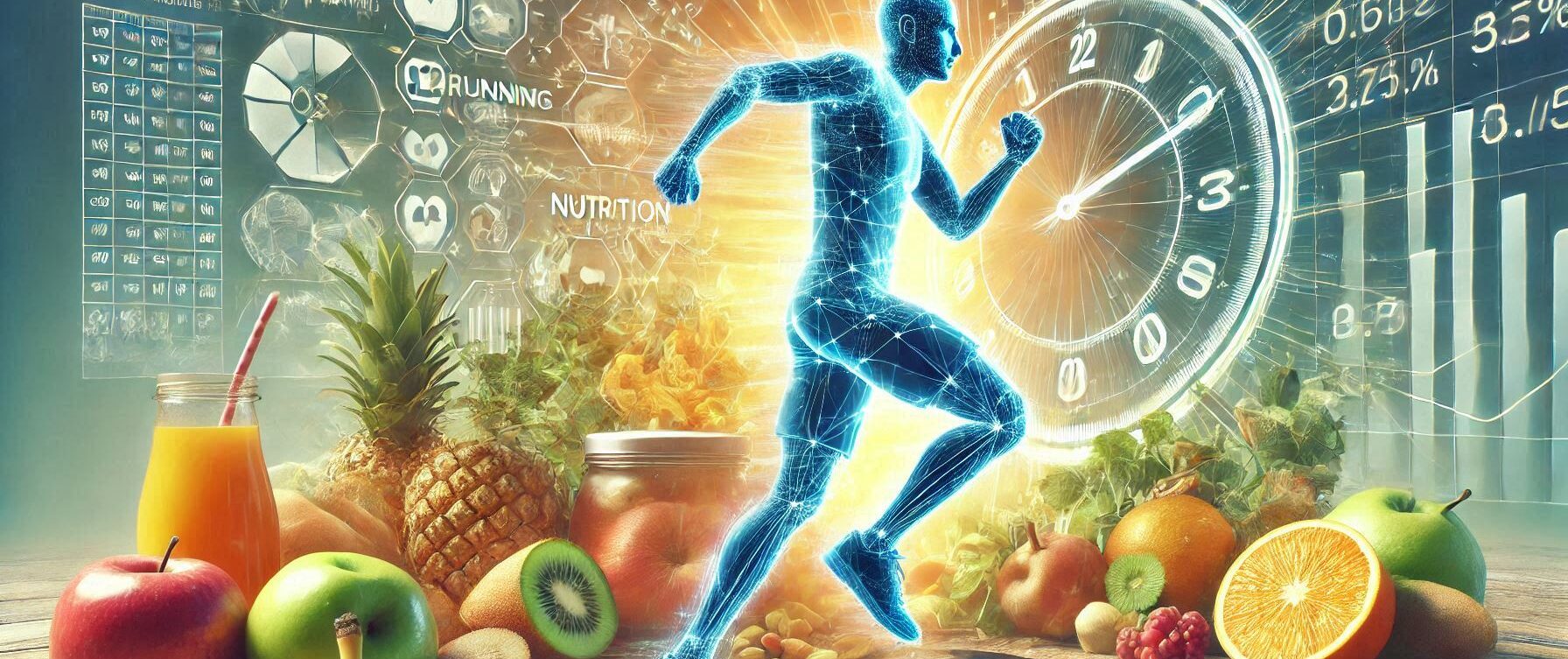
By the way, setting realistic goals is crucial when combining running and nutrition for weight loss. If you're aiming to lose ten pounds overnight while training for a marathon… well then good luck finding someone who believes that's possible! Instead focus on smaller milestones; perhaps aim for losing one pound per week alongside consistent workout routines—you'll find yourself celebrating victories rather than feeling defeated by unrealistic expectations!
Embracing Progress Over Perfection

Finally—and this may sound cliché—embrace progress over perfection in both running and nutrition journeys! There will be days where motivation dips lower than your favorite pair of socks after laundry day; however acknowledging even small achievements makes all difference in sustaining long-term change.
I recall one particularly rainy morning when getting out there seemed impossible—but once I'd finished my short jog despite the weather's best efforts against me—I realized how rewarding pushing through challenges could truly be!
Basics of Nutrition for Runners
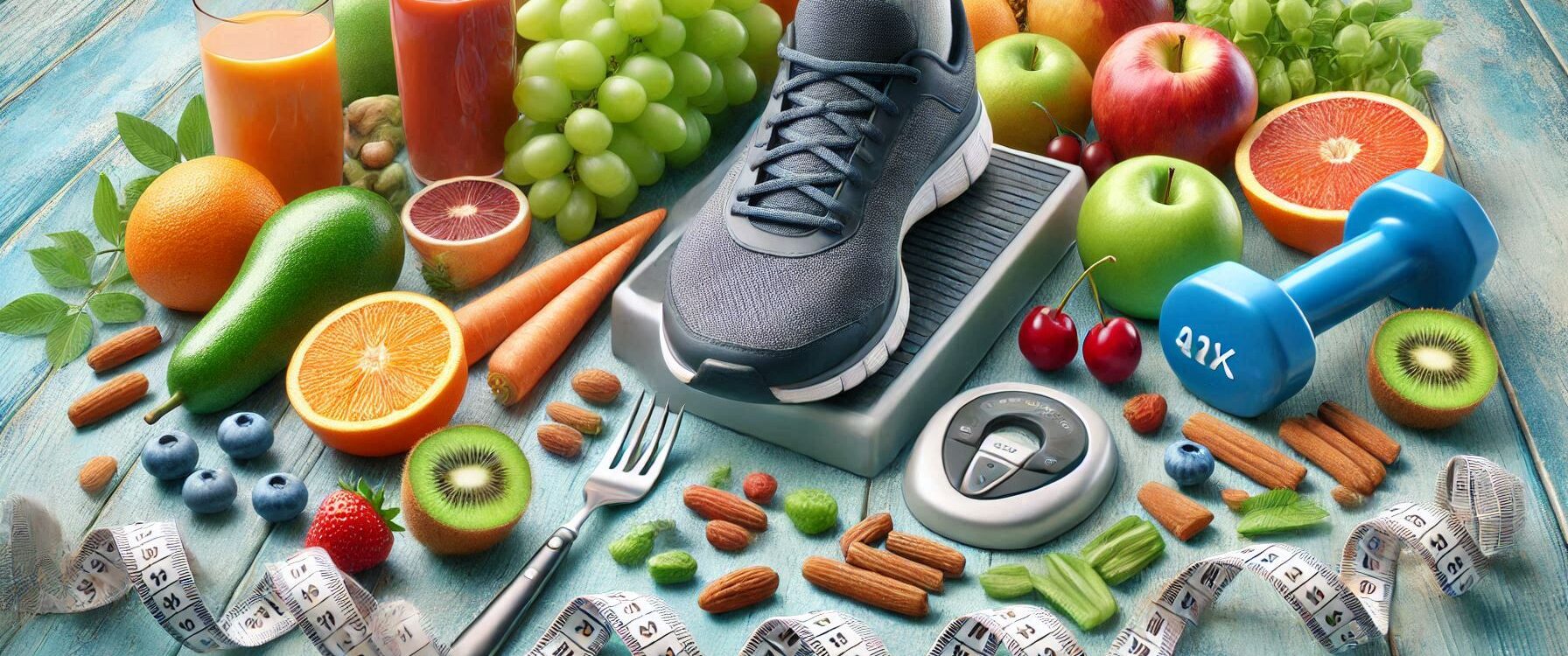
If you’ve ever laced up your running shoes and hit the pavement, you might have experienced that moment when your stomach growls louder than a pack of hungry wolves. It’s as if your body is demanding fuel like an impatient toddler in a candy store.
But what do we really need to eat to keep our bodies happy while we’re out there conquering miles? Let’s dive into the basics of nutrition for runners, where I promise not to use any fancy jargon that makes you feel like you need a PhD in food science.
Understanding Macronutrients
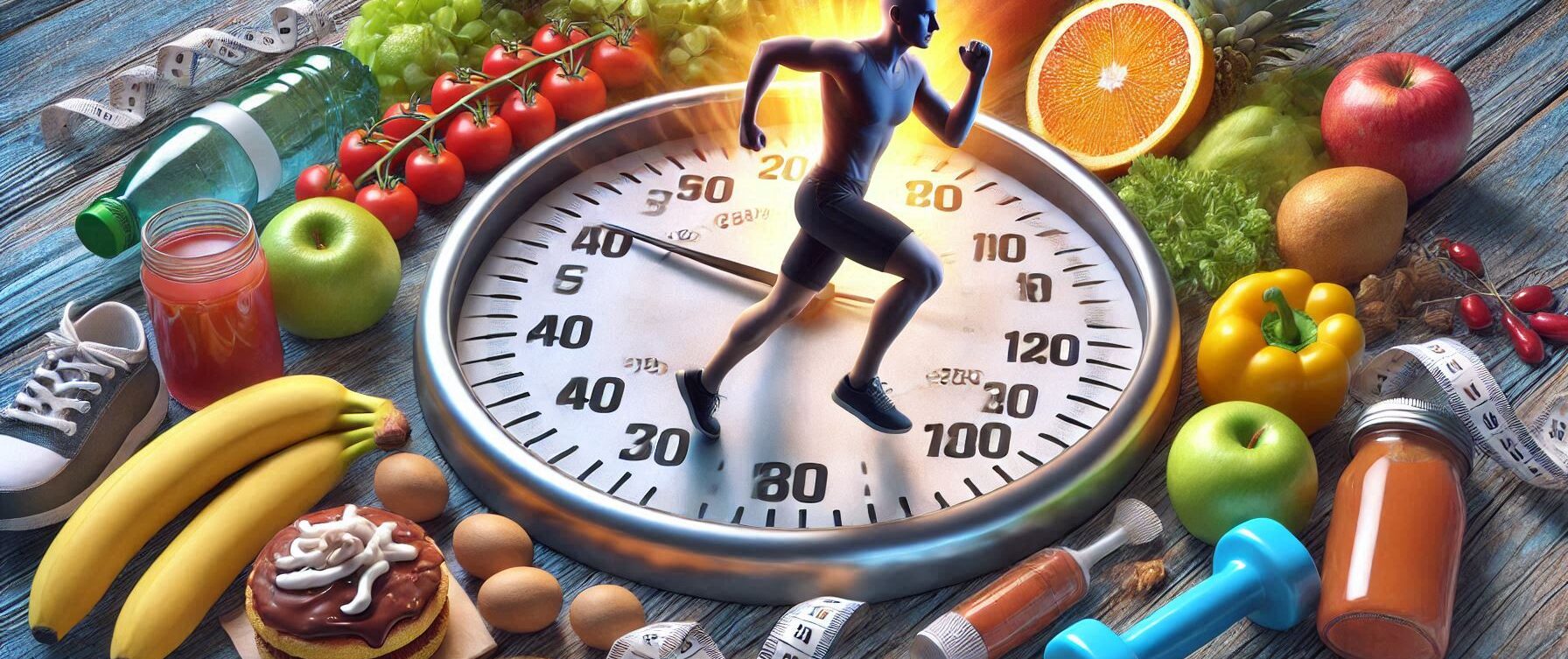
First off, let’s talk about macronutrients—the big three: carbohydrates, proteins, and fats. Think of them as the holy trinity of running fuel. Carbohydrates are like rocket fuel for your muscles; they give you energy faster than you can say “I’ll just run one more mile.” When I first started jogging, I thought carbs were the enemy because every magazine said so. Spoiler alert: they’re not! If anything, they’re more like that supportive friend who cheers you on during a tough race.
Now protein is another crucial player here. It helps repair those tiny muscle tears caused by running—yes, those happen! You know how sometimes after a long run your legs feel like jelly? That’s because they are literally rebuilding themselves. So next time you're munching on some chicken or beans post-run, just remember: it’s all part of becoming a leaner, meaner running machine.
And then there are fats. Now don’t get scared; we’re talking about healthy fats here—like avocados and nuts—not the kind that come from fried foods lurking at the bottom of your fridge. Healthy fats help with long-lasting energy and support cell function. So go ahead and sprinkle some walnuts on your oatmeal without guilt!
The Importance of Hydration

Speaking of fueling up, let’s not forget hydration! Honestly, if I had a dollar for every time someone told me water is essential for runners… well, I’d have enough money to buy all the fancy electrolyte drinks in the world (which I still wouldn’t recommend over plain old H2O). Staying hydrated keeps everything functioning smoothly—kind of like oiling a squeaky door hinge.
I learned this lesson the hard way during my first half-marathon when I thought drinking water was optional until mile eight hit me like a ton of bricks. Suddenly my mouth felt drier than the Sahara Desert! Lesson learned: hydrate before you get thirsty because by then it might be too late to save yourself from feeling like you've just run through quicksand.
Timing Your Meals
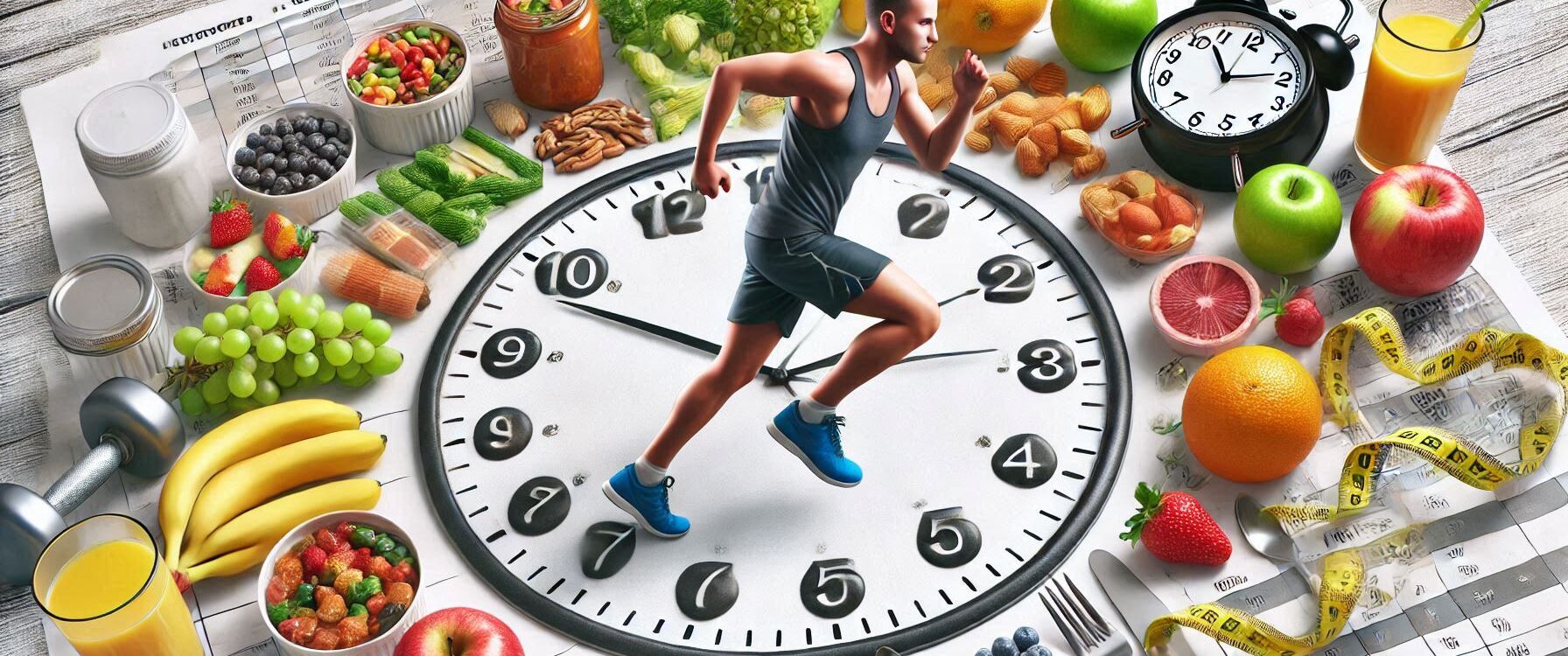
Now let’s see how timing plays into our nutritional strategy. Eating before runs can be tricky territory—too much food can make you feel sluggish while too little leaves you gasping for air after two minutes on the track. Ideally, aim for something light about 30 minutes before hitting the road—think banana or toast with peanut butter—not an entire pizza (though believe me; I've considered it).
After your run? That's when it's time to refuel properly! Within an hour post-exercise is prime time for recovery meals rich in protein and carbs to help restore glycogen levels and rebuild muscle tissue. A smoothie with fruit and yogurt works wonders! Or perhaps even that leftover chicken stir-fry waiting patiently in your fridge.
Snacking Wisely
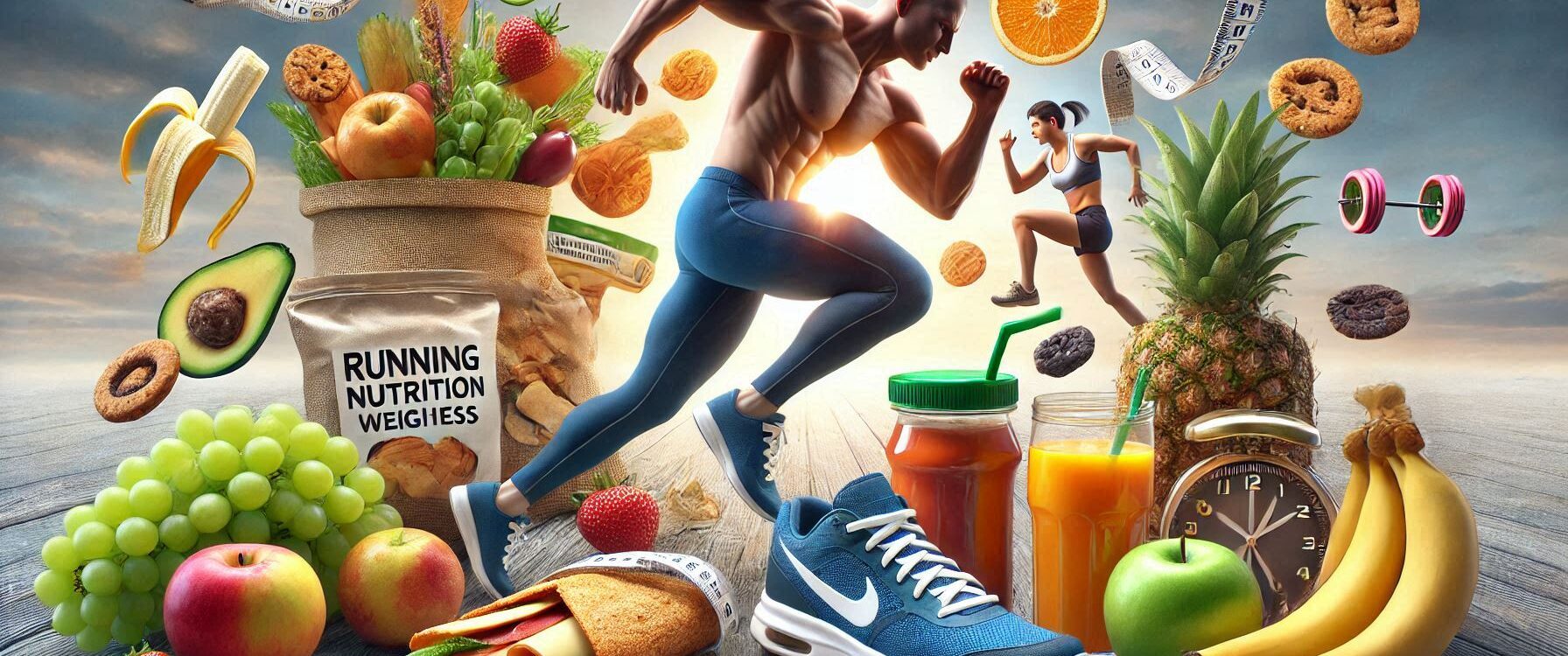
Let’s face it: snacks are where many runners falter (yours truly included). Sure, grabbing chips seems harmless until suddenly you've devoured half a bag while watching TV instead of paying attention to what you're supposed to be doing—like stretching or planning tomorrow's workout routine.
Instead, opt for nutrient-dense snacks such as trail mix or veggies dipped in hummus—it feels good knowing you're treating yourself right without sabotaging progress made during those long runs earlier in the day!
Experimenting With Foods
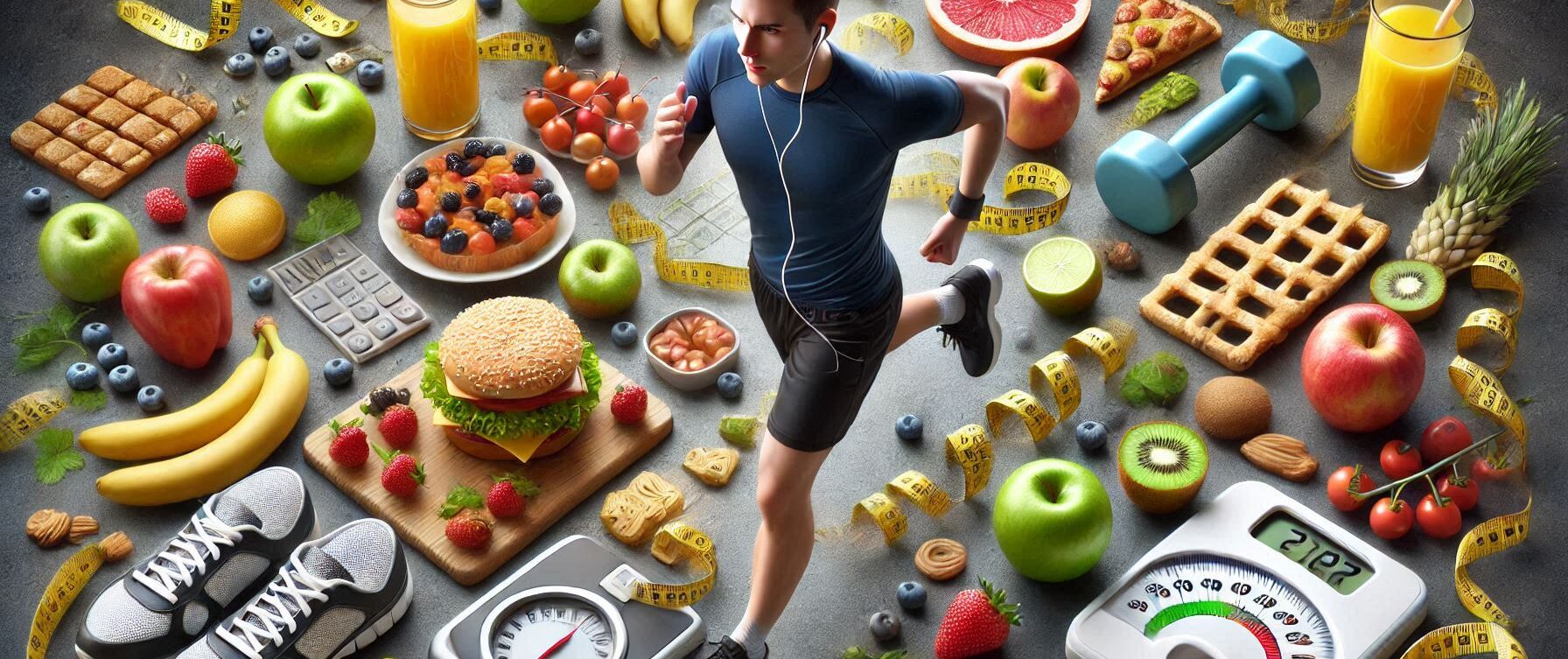
Every runner has their unique preferences regarding food choices—and that's perfectly okay! What works wonders for one person could leave another feeling bloated or uncomfortable mid-run (trust me; no one wants that!). This means experimenting with different foods both pre- and post-workout until finding what suits individual needs best.
Some folks thrive on smoothies packed full of fruits while others prefer hearty oatmeal bowls topped with almond butter—a true win-win scenario awaits once finding personal favorites!
Incorporating Variety
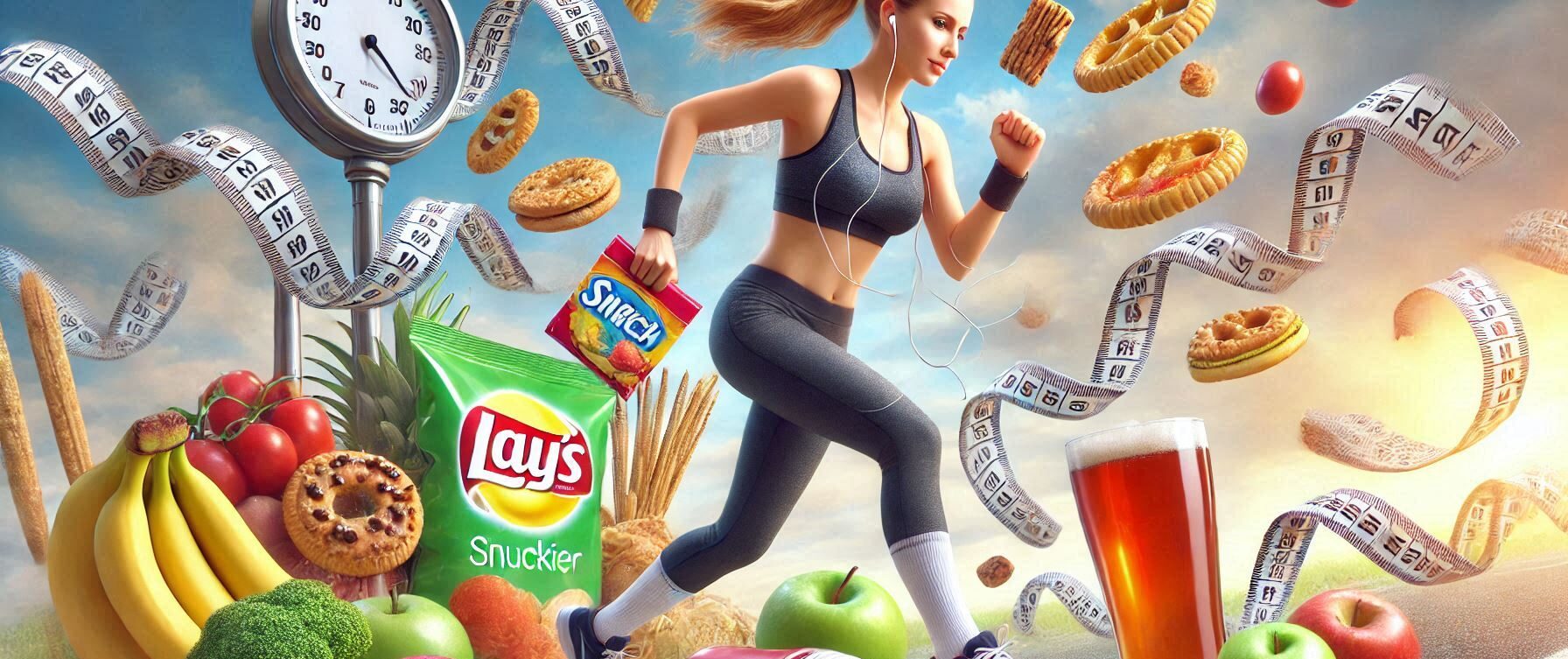
All things considered though—variety matters immensely within any successful nutrition plan aimed toward improving performance levels over time! Mixing up meal options ensures adequate intake across various vitamins/minerals necessary throughout training cycles while keeping boredom at bay during meal prep sessions too!
So, whether indulging in colorful salads filled with fresh produce or savoring delicious grain bowls layered generously atop quinoa/rice combinations—you'll soon discover new tastes worth celebrating beyond typical bland fare associated with dieting myths floating around online today!
Resources:
Running Nutrition Tips
https://www.runnersworld.com/nutrition-weight-loss/a20808370/running-nutrition-tips/
The Importance of Hydration for Runners
https://www.active.com/running/articles/the-importance-of-hydration-for-runners
Healthy Snacks for Runners
https://www.healthline.com/nutrition/best-snacks-for-runners
Nutrition Tips for Runners
https://www.runnersworld.com/nutrition-weight-loss/a20801238/nutrition-tips-for-runners/
The Ultimate Guide to Running Nutrition
https://www.active.com/nutrition/articles/the-ultimate-guide-to-running-nutrition
Eating Right While Training for a Marathon
https://www.marathontrainingacademy.com/eating-right-while-training-for-a-marathon
Frequently Asked Questions
How does combining running and nutrition help with weight loss?
Pairing regular running with balanced nutrition helps create a calorie deficit while giving your body the energy it needs for performance and recovery.
What should I eat before a run for effective weight loss?
Choose light, carb-rich foods like fruits or whole grains to fuel your run without causing discomfort.
How much protein do runners need for recovery?
Including protein after your run helps repair muscle tissue; aim for lean sources like yogurt, eggs, or beans.
Why is hydration important when running for weight loss?
Staying hydrated supports energy levels, prevents dehydration, and helps maintain performance during runs.
How do I balance calorie intake with running?
Eat slightly fewer calories than you burn while still fueling your body with nutrient-dense foods that support exercise.
What snacks work best for runners trying to lose weight?
Opt for whole-food snacks like bananas, nuts, or smoothies to maintain energy without overeating.
How can I find the best foods for my running routine?
Experiment with different meals and snacks to see which options keep you energized, comfortable, and satisfied during runs.

Kevin Collier is a passionate fitness enthusiast dedicated to promoting healthy living through jogging and running. With years of experience in exercise science and a keen interest in weight loss strategies, Kevin shares valuable insights and tips to help individuals achieve their fitness goals. His content on WebJog.com aims to inspire readers to embrace an active lifestyle, emphasizing the benefits of consistent exercise for both physical and mental well-being. Whether you’re a seasoned runner or just starting your fitness journey, Kevin’s expertise and encouragement will motivate you to stay active and live your healthiest life.




